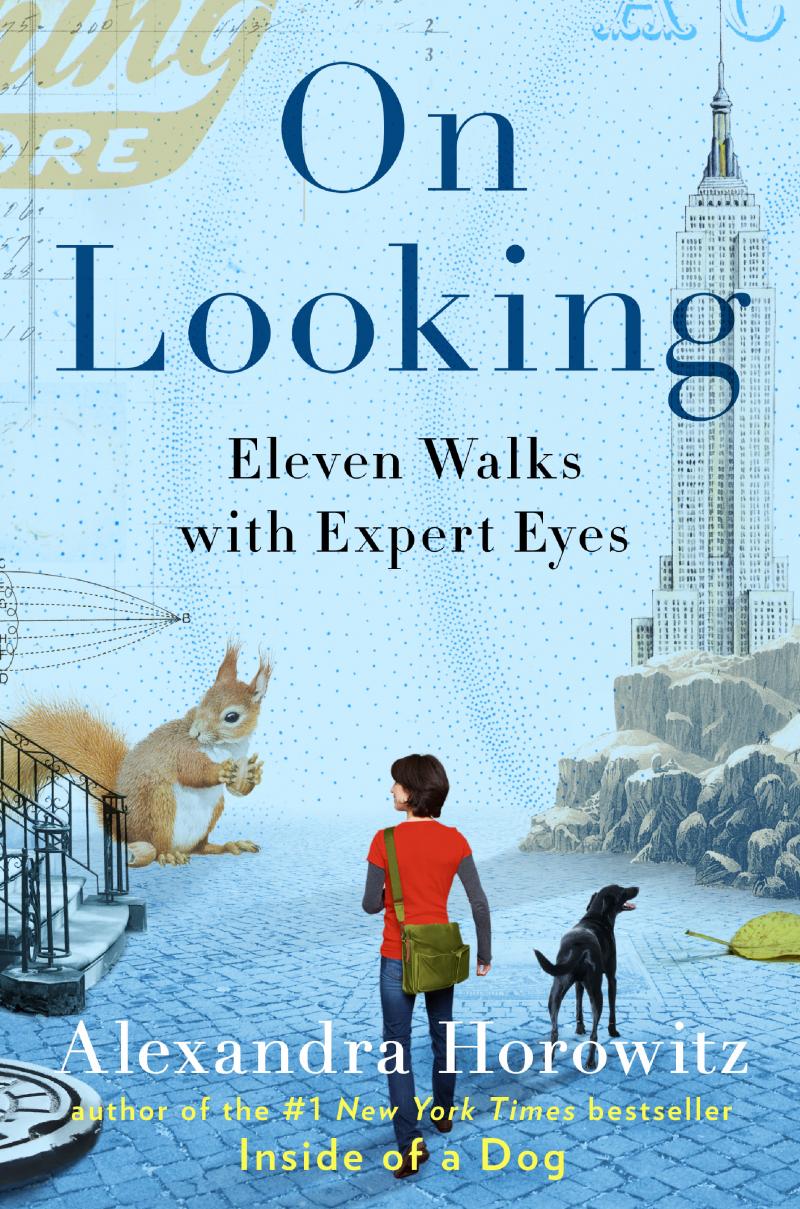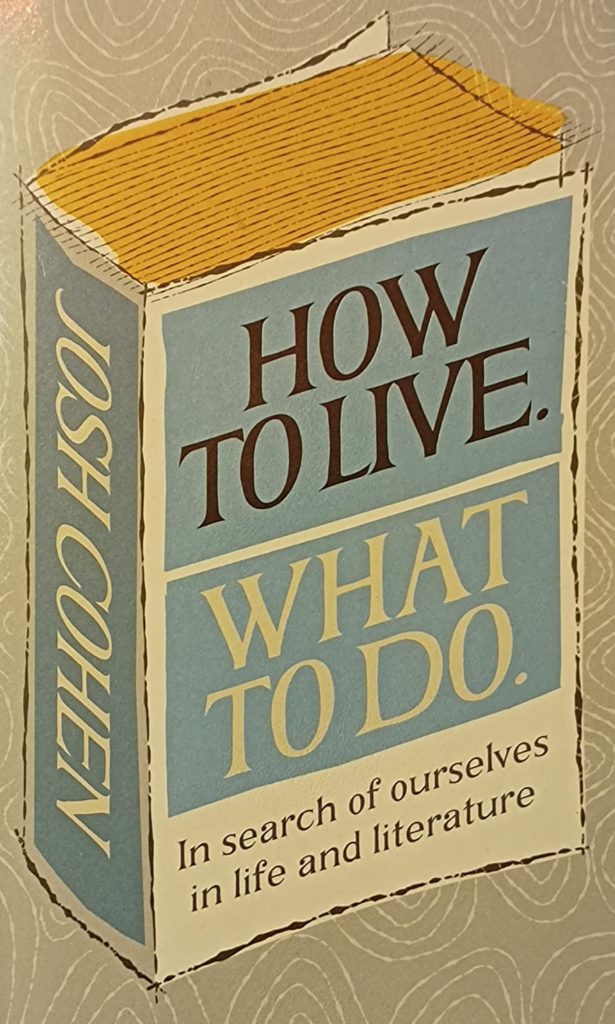
A diverting combination of self-help book, literary discussion and psychoanalysis primer. The premise is a bit twee: throughout the books are case notes of famous fictional characters, as if they had gone in for psychoanalysis. These case notes cover a diverse bunch: Young Werther, Alice (the Wonderland one), Jay Gatsby, Mrs Dalloway, Jane Eyre and many more. There are also some characters from more modern novels, such as Sally Rooney’s Conversations with Friends and Marilynne Robinson’s Gilead. Cohen talks about their backgrounds, motivations and choices, relating them to the lives of real people like you, and indeed me.
Continue reading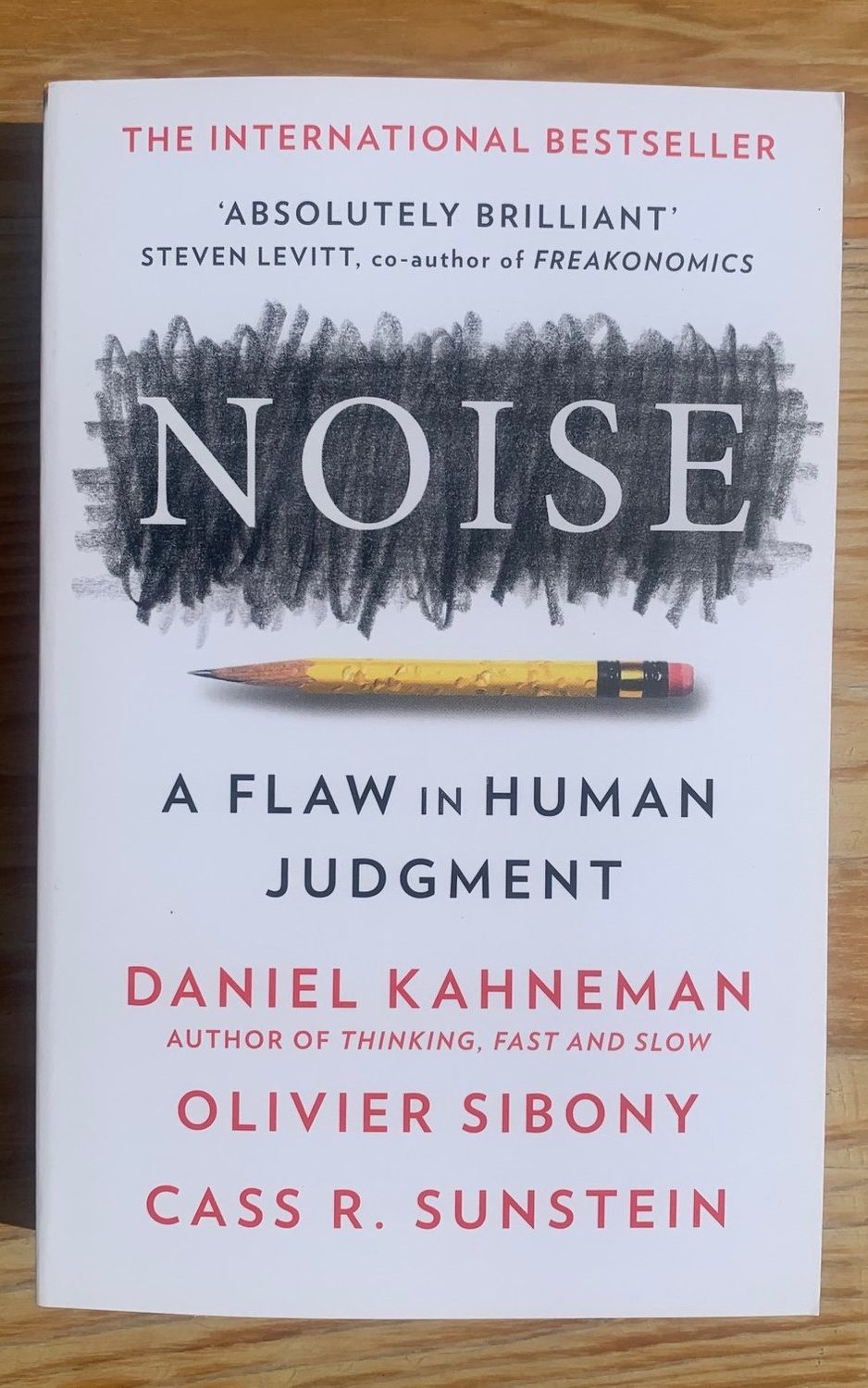
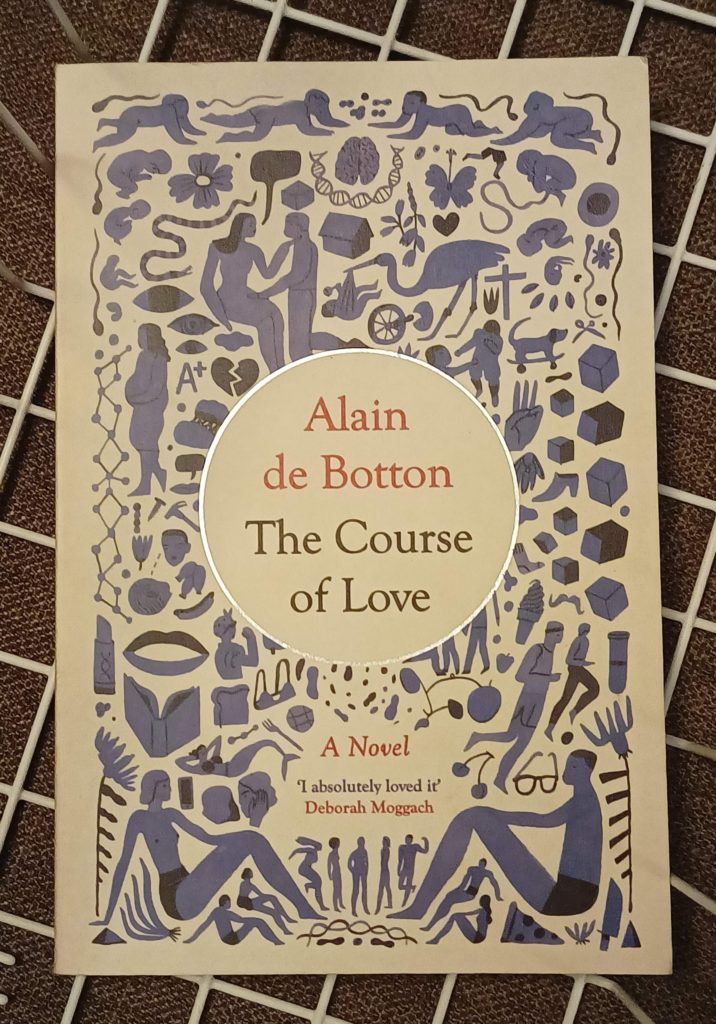

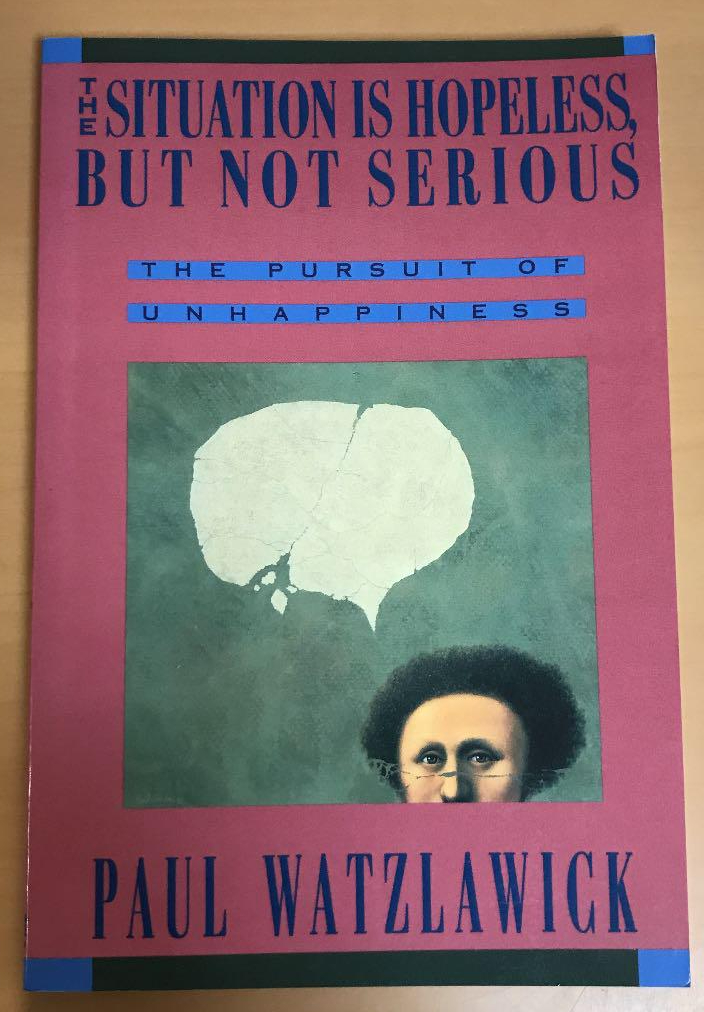
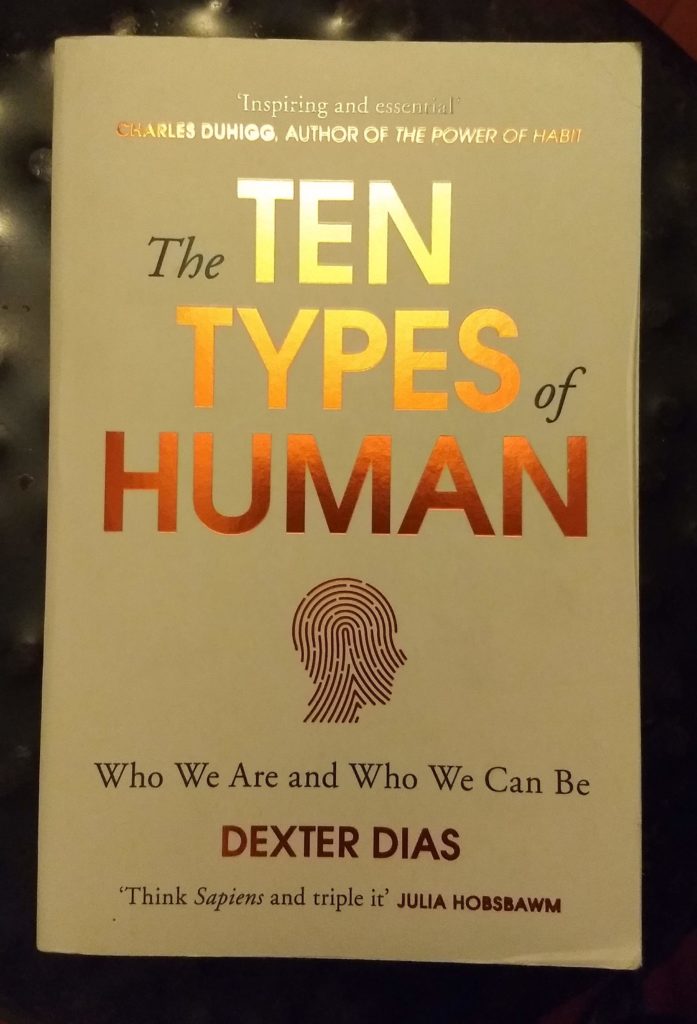
 This is a nice pocket-sized guide to consciousness. Actually it’s a guide to the problem of consciousness, since there is no consensus on what consciousness is or even exactly what the word means. Blackmore is even-handed regarding the various competing viewpoints, though it may all be slightly coloured by her own views, which are heavily influenced by Buddhism. And if you think that’s an incongruous stance for a hardcore psychologist/philosopher to take, then you really should read this book.
This is a nice pocket-sized guide to consciousness. Actually it’s a guide to the problem of consciousness, since there is no consensus on what consciousness is or even exactly what the word means. Blackmore is even-handed regarding the various competing viewpoints, though it may all be slightly coloured by her own views, which are heavily influenced by Buddhism. And if you think that’s an incongruous stance for a hardcore psychologist/philosopher to take, then you really should read this book.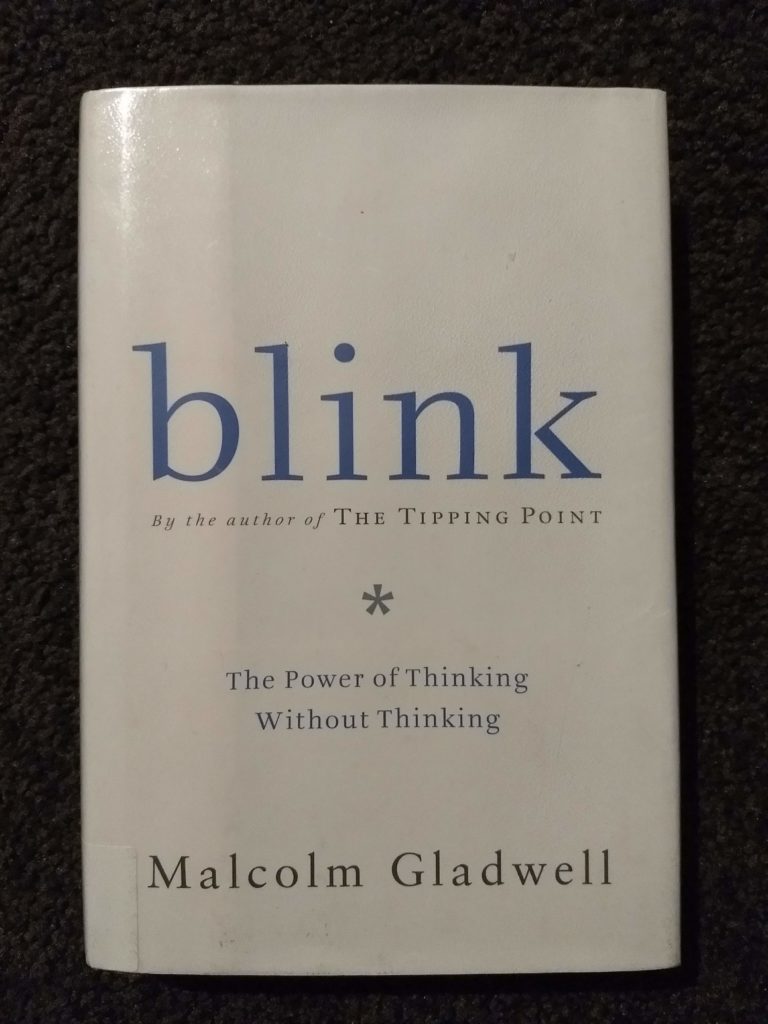 Snap judgements are surprisingly accurate. Even the ones we make without knowing how. Even the ones we make when we don’t even know we are doing it: “I just had a bad feeling about him, I can’t explain it”. This book gives evidence and explanations for this. It’s interesting in itself, but the trouble is it has been a very influential book — since it was published, its examples have been cited and reused so many times in so many places that what must once have been groundbreaking now seems overly familiar. I had similar thoughts the last time I saw a performance of Hamlet: the dialogue just seemed to be one cliche after another. Of course, they weren’t cliches when Shakespeare wrote the play!
Snap judgements are surprisingly accurate. Even the ones we make without knowing how. Even the ones we make when we don’t even know we are doing it: “I just had a bad feeling about him, I can’t explain it”. This book gives evidence and explanations for this. It’s interesting in itself, but the trouble is it has been a very influential book — since it was published, its examples have been cited and reused so many times in so many places that what must once have been groundbreaking now seems overly familiar. I had similar thoughts the last time I saw a performance of Hamlet: the dialogue just seemed to be one cliche after another. Of course, they weren’t cliches when Shakespeare wrote the play!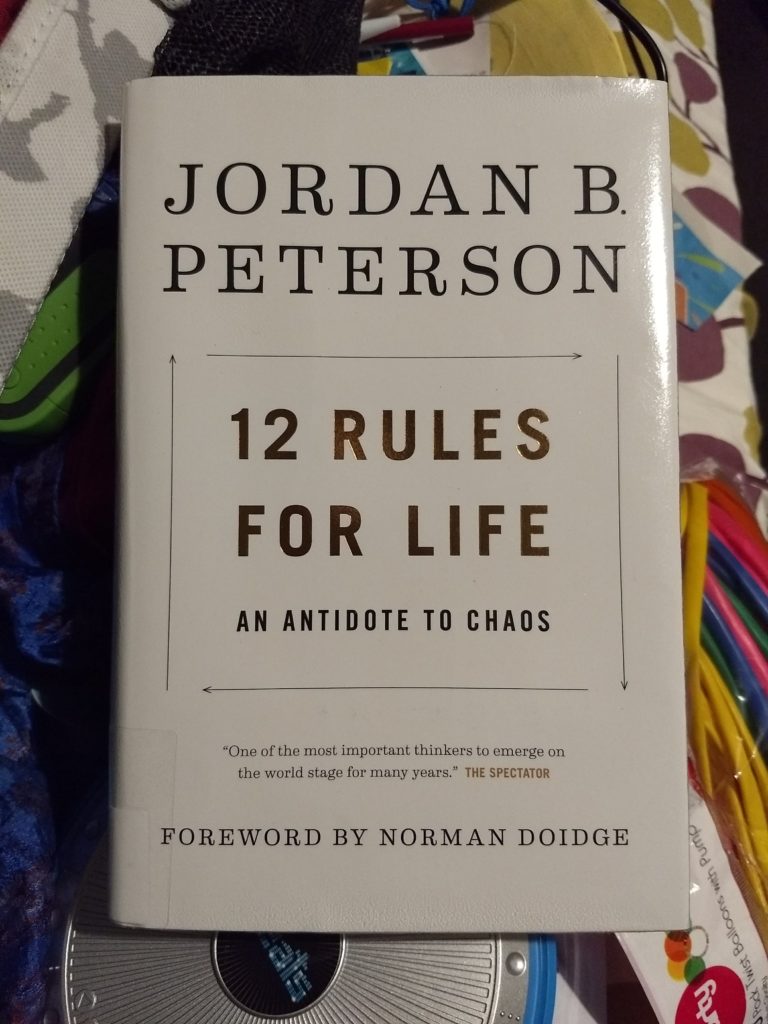 This is fun to read and it may change your life. The subtitle describes it best: chaos (particularly perhaps the chaos of the modern world) is what Peterson dreads, and he offers prescriptions, strategies and even commandments for how to preserve an ordered and civilised life from the relentlessly pounding waves of entropy. And all presented using language that virtually demands to be read out loud.
This is fun to read and it may change your life. The subtitle describes it best: chaos (particularly perhaps the chaos of the modern world) is what Peterson dreads, and he offers prescriptions, strategies and even commandments for how to preserve an ordered and civilised life from the relentlessly pounding waves of entropy. And all presented using language that virtually demands to be read out loud.